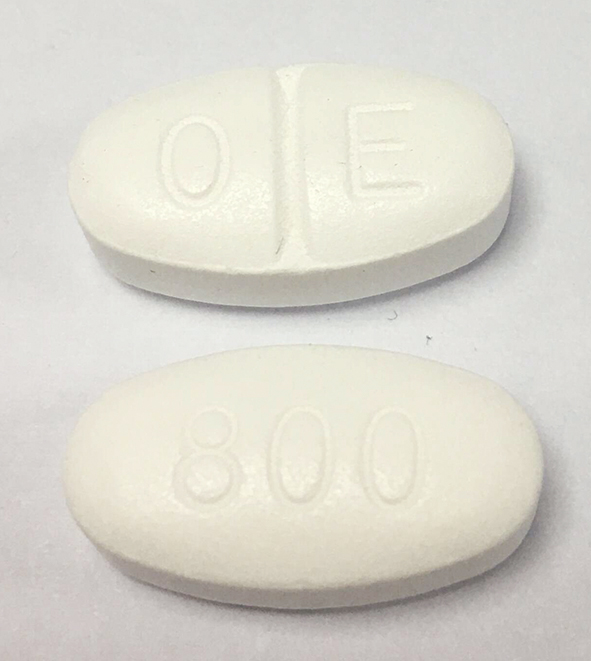Gabapentin is an antiepileptic drug that is prescribed for both FDA-approved and multiple off-label conditions, and has a relatively safe side-effect profile. Rare cases of overdose-related adverse effects have been reported in the literature. Described herein are the circumstances and autopsy findings of a 62-year-old woman with a history of depression, whose death was caused by intentional ingestion of excess gabapentin.
The postmortem peripheral blood gabapentin concentration as determined by high-performance liquid chromatography/tandem mass spectroscopy was 88 μg/mL. Previously reported cases of individuals surviving gabapentin overdoses are discussed and compared with this case. Based on a review of the available literature, this appears to be the first published report of a death due solely to gabapentin toxicity.
Because gabapentin suppresses or inhibits nerve activity, all the important functions in our body are slowed when it’s taken in toxic doses or mixed with other depressants.

Not only is it dangerous to take gabapentin with alcohol, but overdose can also occur if the person takes it with opioids, which are also depressants.
Common gabapentin overdose symptoms include:
- Dizziness
- Sedation
- Drowsiness
- Diarrhea
- Nausea and/or vomiting
- Double or blurred vision
- Slurred speech
- Uncontrollable bodily movements (ataxia)
- Difficulty breathing
- Rapid heart rate
- Coma (common in patients with kidney failure)
- Low blood pressure
Although a gabapentin overdose can usually be medically treated without significant complications, any type of drug overdose is dangerous. When it comes to people with specific conditions, such as liver or kidney problems, gabapentin OD can be life-threatening.
Moreover, taking other substances with gabapentin can also result in a more serious form of overdose, increasing the likelihood of overdose death. Individuals who overdose on a combination of gabapentin and other drugs with depressant effects are at a higher risk of death and should receive medical attention immediately.
If you notice that a loved one is exhibiting any signs of a gabapentin overdose, go to the emergency room or call 9-1-1 immediately. If the individual has overdosed on this drug before or has shown signs of gabapentin addiction, then they may require the help of inpatient rehab to recover.
How Much Gabapentin to Overdose?
The lethal dose of gabapentin ranges from 49 grams or more. Gabapentin overdose side effects like ataxia, labored breathing, diarrhea, and sedation have been reported by the FDA in people who took 49 grams or more of the drug.
Average doses of gabapentin range from 50 mg/kg per day in children aged 3 to 11 to 300 mg to 600 mg three times a day in people aged 12 years or older. However, as we’ve mentioned before, overdose can occur not only when a lethal dose is taken but also when it’s mixed with other drugs or alcohol with depressant effects.
So, while gabapentin OD has occurred in people who only took 49 mg, they may have been taking it with other things that increased their risk.
What to Do if You Overdose on Gabapentin
In situations where gabapentin overdose is suspected, it’s critical to maintain composure and act quickly to protect the person. After notifying emergency medical personnel, keep a tight eye on the patient. If at all feasible, keep them in a comfortable position while attempting to keep them awake and alert. Be prepared to disclose any additional drugs or substances the person may have used, as this information is important for evaluating the whole issue.
The severity of the gabapentin overdose will be assessed in-depth by medical personnel in the emergency room. To mitigate the consequences and stabilize the patient’s state, they could give them a certain drug or treatment. It’s essential to go by all directives and suggestions made by the medical staff to promote a speedy recovery.
Gabapentin overdose management may also involve supportive measures, such as intravenous fluids and cardiac monitoring, to ensure the individual’s vital signs remain stable. If the overdose was purposeful, psychiatric assessment and treatment may be required. To avoid recurrence, a detailed examination of the person’s drug history and dosage schedule will also be carried out. Individuals who have suffered from this should follow up with their healthcare practitioner for additional direction and to change their treatment plan as necessary after obtaining gabapentin overdose emergency medication and the appropriate care.
Gabapentin Addiction Treatment
It’s difficult to overdose on gabapentin, and it’s highly unlikely that you would die if you overdose. However, overdose and death are still possible outcomes, so you should always take your medications as prescribed and directed by your doctor. Additionally, never share your medications or take someone else’s prescription drugs. Doing so increases your risk of overdose and addiction.
Remember – not only can a person overdose on gabapentin, but they can also become addicted to or dependent on it if they take it without a prescription or don’t take it as recommended by their doctor. Long-term gabapentin abuse, or drug abuse of any kind, can lead to serious consequences in the long run.